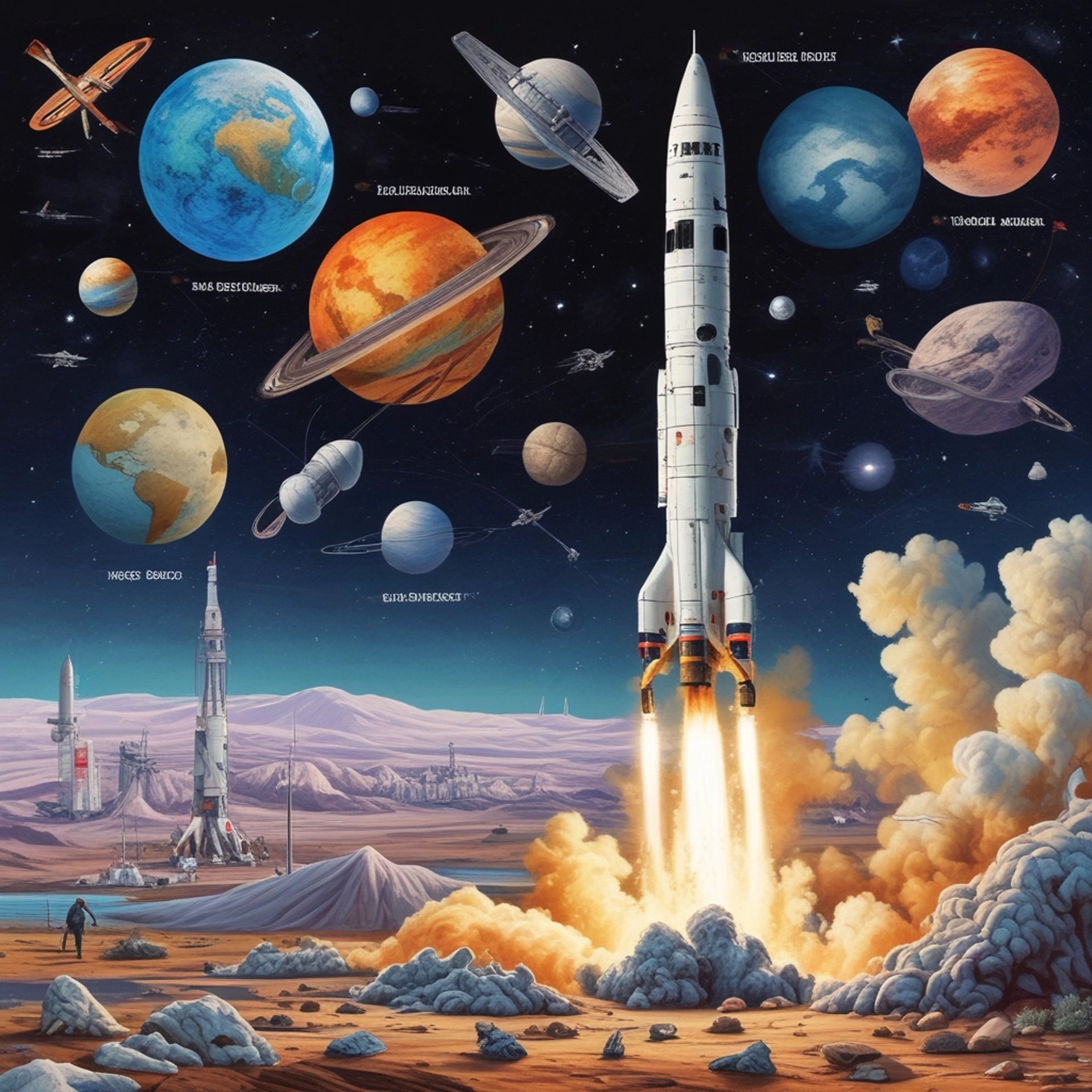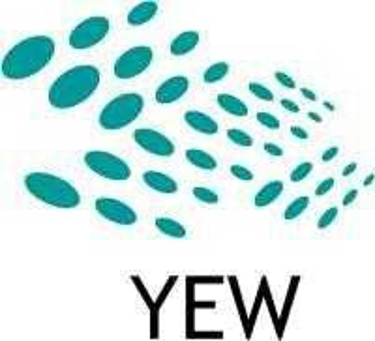
Militarization of science
How weaponized science regresses human development and peace


The marvels of science are truly awe-inspiring, as they unlock the mysteries of the universe and enhance our understanding of the world around us. From the intricate workings of the human body to the vastness of outer space, science reveals phenomena that captivate our imagination. Breakthroughs in technology, such as the development of vaccines and renewable energy sources, showcase the incredible potential of scientific inquiry to improve our lives. Innovations in fields like genetics and artificial intelligence inspire visions of a future filled with possibilities. The methods of scientific investigation foster critical thinking and curiosity, encouraging us to question, explore, and engage with our environment. Ultimately, the marvels of science are not just discoveries; they are the foundation of progress and a testament to human ingenuity and perseverance.
In recent years, the intersection of science and warfare has become increasingly evident, highlighting a troubling trend where scientific advancements are repurposed for military applications. This weaponization of science manifests in various forms, from bioweapons that exploit biological research to advanced technologies like artificial intelligence and cyber warfare capabilities. As nations race to innovate in these fields, ethical considerations often take a backseat, raising serious concerns about the potential consequences of such developments. For instance, the ability to manipulate genetic material can lead to the creation of targeted biological agents, while AI-driven weapons systems could operate autonomously, posing significant risks to global security. The dual-use nature of scientific research necessitates a rigorous dialogue among policymakers, scientists, and ethicists to ensure that the pursuit of knowledge does not compromise humanity's safety and ethical standards. The challenge lies in balancing national interests with the overarching need for global cooperation and peace.
To address this pressing issue, it is vital to implement comprehensive solutions that promote responsible research and development practices. First, fostering a culture of transparency and collaboration among scientists, policymakers, and the public can help to mitigate risks associated with dual-use technologies. Establishing robust regulatory frameworks that govern the use of scientific advancements in sensitive areas, such as biotechnology and artificial intelligence, is crucial. Investing in education and training programs will empower researchers to recognize the ethical implications of their work. Encouraging international cooperation in creating treaties and agreements can further inhibit the misuse of scientific knowledge for malicious purposes. By prioritizing ethical considerations and accountability, we can work towards ensuring that scientific advancements contribute to the betterment of humanity rather than its detriment.
